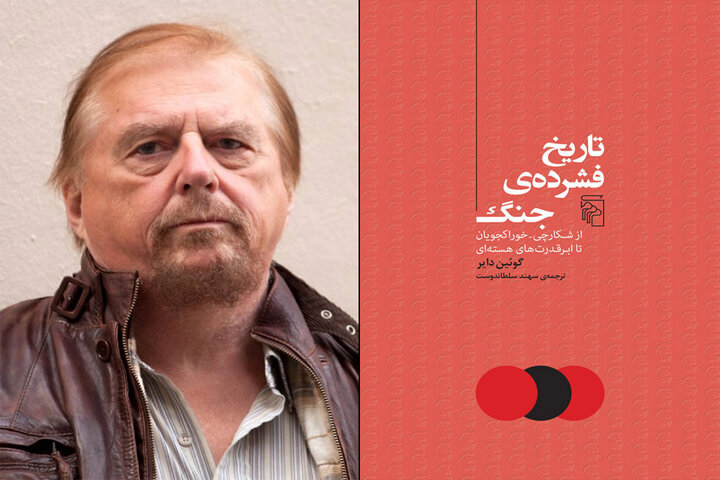IAF Cinematheque Spotlight: A Deep Dive into ‘I’m Still Here’ – A Must-See Film Review!
In the realm of political biographical dramas, “I’m Still Here” emerges as a compelling narrative that reflects on Brazil’s tumultuous past. Directed by renowned filmmaker Walter Salles, this 2024 film captures the heart-wrenching story of Rubens Paiva, a civil servant and political activist, during the oppressive military regime that followed the 1964 coup d’état.
The film was recently screened at the Cinematheque of the Iranian Artists Forum (IAF) in Tehran, where Iranian film critic Esmaeil Mihandoost led a review session, delving into the film’s profound themes.
“I’m Still Here” unfolds within the vibrant yet perilous backdrop of Brazil’s political landscape. Here are some key aspects of the film:
- Setting: The narrative begins in a picturesque house near Leblon beach, where Rubens lives with his wife, Eunice, and their five children.
- Political Climate: As Rubens supports political exiles, the escalating political tensions lead to the kidnapping of the Swiss ambassador, which forces their friends, Fernando and Dalva, to flee to London.
- Tragic Turn: In January 1971, a military raid results in Rubens’s arrest, and he disappears, plunging the family into chaos.
The family’s struggles intensify as Eunice desperately seeks information about Rubens’s fate. Her inquiries lead to her own arrest and a harrowing 12 days of torture. Meanwhile, their teenage daughter Eliana faces a brief imprisonment as well.
Eunice’s unwavering commitment to her husband is evident as she faces relentless questioning about Rubens’s political affiliations. Despite rumors suggesting he may have fled Brazil, she and her supporters suspect a darker truth lies beneath the surface.
With the help of lawyer Lino Machado, Eunice files a habeas corpus petition, revealing that Rubens had been clandestinely aiding political exiles. A former inmate named Martha corroborates Rubens’s imprisonment yet expresses fear for her safety if she speaks out.
The film takes a devastating turn when journalist Felix informs Eunice of Rubens’s death, news that the military refuses to confirm. Left alone to care for her children, Eunice makes the difficult decision to sell their home and relocate to São Paulo, seeking a new beginning.
As time passes, Eunice receives Rubens’s official death certificate from the newly democratic Brazilian state in 1996, igniting her fight for reparations and accountability for the dictatorship’s atrocities.
By 2014, at 85 years old and battling Alzheimer’s disease, Eunice is surrounded by family when the news of the National Truth Commission sparks a fleeting memory of her past. The film poignantly concludes with revelations about Rubens’s murder at the DOI-CODI headquarters, highlighting Eunice’s extraordinary journey as she becomes a respected advocate for indigenous rights before her passing in 2018 at age 89.
“I’m Still Here” serves as a powerful testament to resilience, loss, and the unyielding pursuit of justice in the face of political oppression. The film has resonated deeply with audiences, achieving remarkable financial success, grossing $35.7 million and becoming the highest-grossing Brazilian film since the onset of the COVID-19 pandemic.
It premiered at the prestigious Venice International Film Festival in 2024, where it garnered widespread acclaim, winning the Best Screenplay award. Additionally, it was recognized as one of the Top Five International Films of 2024 by the National Board of Review.
At the Golden Globe Awards, Fernanda Torres, who stars in the film, received the Best Actress award, while the film itself was nominated for Best Picture at the Oscars, ultimately winning the coveted Best International Feature Film award—a historic achievement for Brazilian cinema.
In summary, “I’m Still Here” not only tells a gripping story of personal and political struggle but also stands as a monumental work in the canon of cinematic history, shedding light on the human cost of political tyranny and the enduring strength of those who seek justice.






